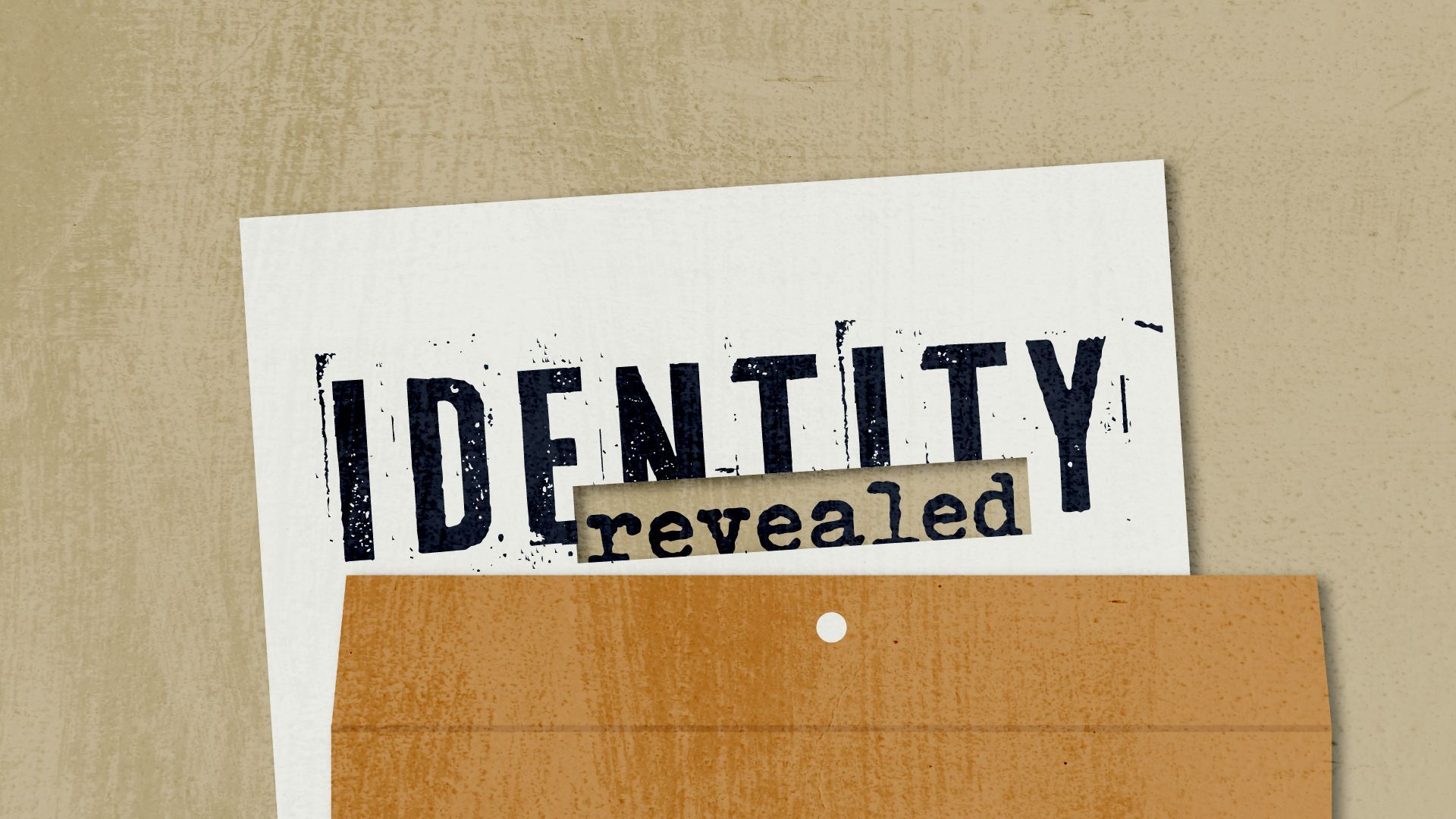Steward the Truth as Identity In Christ
“The deep search for identity—Who am I, really?—is going on in each person, and no one should accept shallow answers” (Kinnaman and Matlock, Faith for Exiles). Though identity has become an especially hot topic today, our sense of self has always been a critical aspect of being human. Generation after generation has been shaped by a combination of internal and external factors, giving us points of connection with one another and contributing to our sense of individuality.
However, in the recent past, aided by media, consumerism, and technology, we’ve also experienced a tremendous shift in the relative authority of various factors, with an increasing emphasis placed on personal experience or choice. The idea that my preferences, desires, and feelings define me is the core of what some have called expressive individualism or elective identity. Regardless of how we seek to define ourselves, our merely human answers are limited. They may reflect an aspect of our experience, but they can never fully satisfy. They cannot provide enduring answers. To one degree or another, they disappoint.
But God’s answer to the question, “Who am I?” is truly different. Truly better. Truly
beautiful. Our true identity is found in Christ. It will become ours fully at the resurrection, but even now we get to live each day as God’s restored “very good” creations who are continually set free from sin’s deception because Christ shared our humanity. Our call as stewards is to deeply grasp this beautiful identity for ourselves and to share it with the generations after us.





